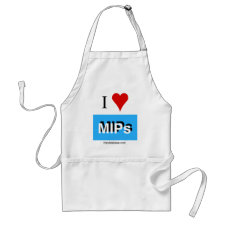
Authors: Qian K, Deng QL, Fang GZ, Wang JP, Pan MF, Wang S, Pu YH
Article Title: Metal-organic frameworks supported surface-imprinted nanoparticles for the sensitive detection of metolcarb.
Publication date: 2016
Journal: Biosensors and Bioelectronics
Volume: 79
Page numbers: 359-363.
DOI: 10.1016/j.bios.2015.12.071
Alternative URL: http://www.sciencedirect.com/science/article/pii/S0956566315307259
Abstract: A novel approach to synthesize molecularly imprinted polymer (MIP) nanoparticles using a MIL-101 support (a type of metal-organic framework) is reported herein for the first time; the sample is referred as MIL@MIP. The nanoparticles were well distributed within the polymer film, and exhibit an octahedral shape, satisfied thermal stability, and a high specific surface area (SSA) of 1579.43 m2 g-1. The adsorption behavior of MIL@MIP toward metolcarb in aqueous solution was subsequently examined. The synthesized MIL@MIP displayed satisfactory high transfer mass rates and a high selective adsorption affinity for metolcarb. Based on these results, a quartz crystal microbalance (QCM) sensor based on MIL@MIP was subsequently constructed and examined for the sensitive detection of metolcarb. Under optimal conditions, the detection limit of the system assessed in pear juice was 0.0689 mg L-1 within a linear concentration range of 0.1-0.9 mg L-1. MIL@MIP-QCM system combines the advantages of MIL-101 and molecularly imprinted technology (MIT), thereby achieving high detection sensitivity and selectivity. The current findings suggest the potential of MIL@MIP for detecting trace level pesticides and veterinary drugs for food safety and environmental control
Template and target information: metolcarb
Author keywords: Metal-organic frameworks, MIL-101, molecularly imprinted polymer, sol-gel, Quartz crystal microbalance sensor, Metolcarb



Join the Society for Molecular Imprinting

New items RSS feed
Sign-up for e-mail updates:
Choose between receiving an occasional newsletter or more frequent e-mail alerts.
Click here to go to the sign-up page.
Is your name elemental or peptidic? Enter your name and find out by clicking either of the buttons below!
Other products you may like:
 MIPdatabase
MIPdatabase









